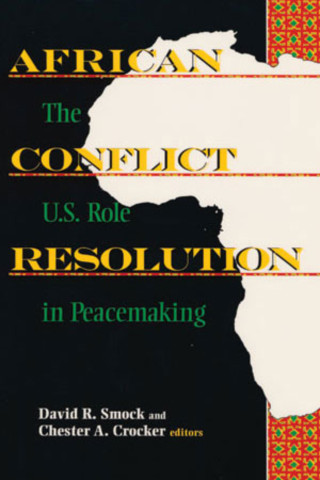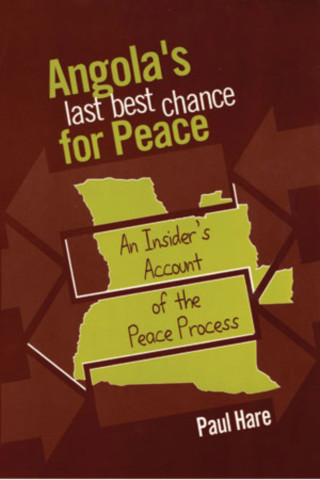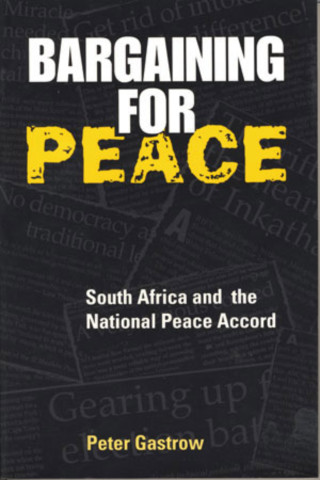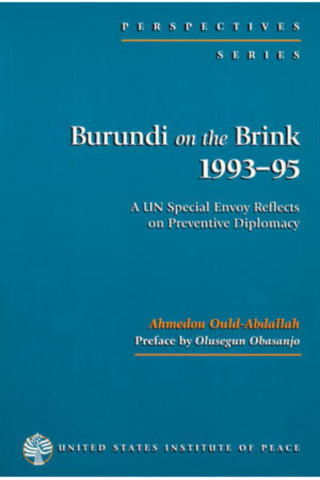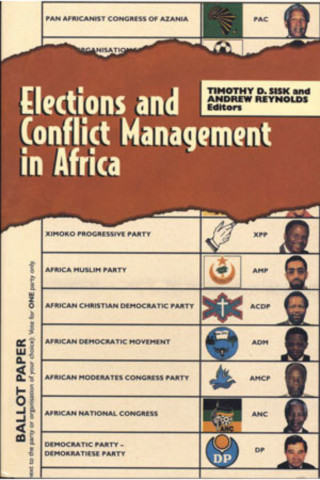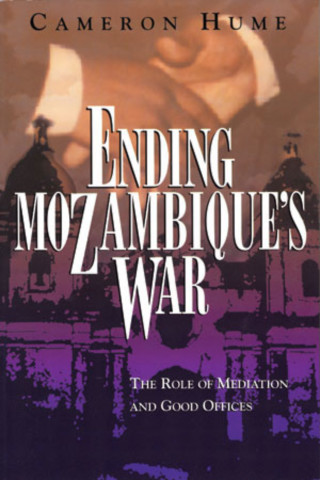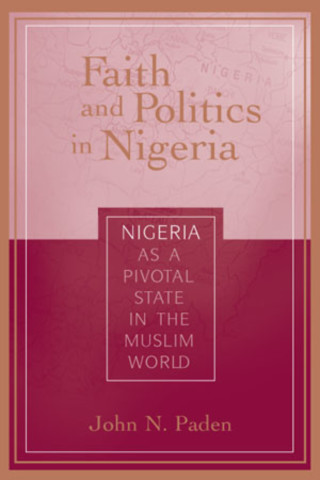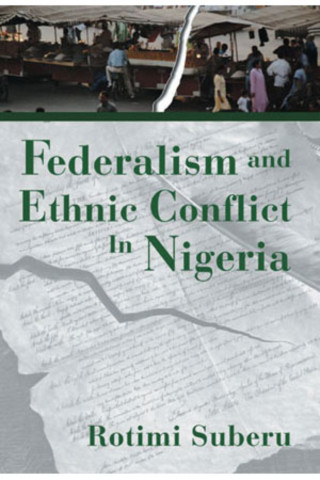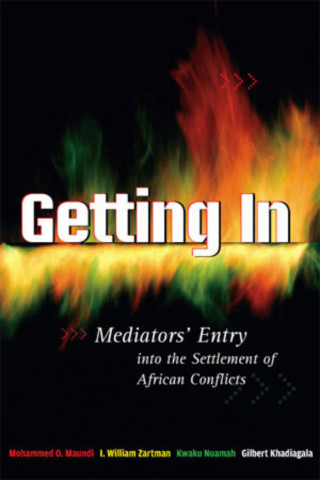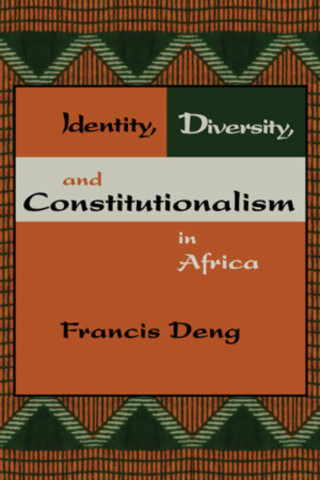Catalog
- Sort by
When Somali gunmen killed 18 American Rangers in Mogadishu on October 3, 1993, public and congressional support for the American and UN missions in Somalia dropped dramatically. In fact, U.S. policymakers began to rethink commitments to peacemaking in Africa in general.
Nevertheless, many African and U.S. specialists on African affairs--including the contributors to this volume--strongly urge the United States to continue active engagement with Africa and creatively support African initiatives to manage and resolve their own conflicts.
This book brings together nine specialists from Africa and the United States--including former diplomats, academics, policymakers, and policy analysts--to assess ways to enhance the U.S. contribution to African efforts to prevent, manage, and resolve violent conflicts.
The contributors conclude that U.S. initiatives can take a variety of forms and need not involve American troops. There is a new African willingness to assume responsibility, but African instutional and fanancial capabilities are severely limited. African initiatives therefore have little chance of success without significant and sustained international, and particularly American involvement.
A behind-the-scenes account of the negotiation and implementation of the 1994 Lusaka Protocol.
Gastrow describes the initiatives and events that led to the signing of the accord, exploring in particular the important roles played by religious groups and the business community.
Ambassador Ould-Abdallah arrived in Burundi with a mandate from the United Nations to rescue the country's fledgling democracy and bring together political and ethnic rivals. His original mandate was for three months; he stayed two years. When he left, Burundi was by no means tranquil, but his efforts to foster political power sharing and to rein in extremism had done much to avert all-out civil war and to save Burundi from the genocidal fate of neighboring Rwanda.
In Burundi on the Brink, Ould-Abdallah pulls no punches as he describes the challenges he faced—not only from Burundians but also from members of the international community. He is equally revealing about how he sought to boost the limited leverage available to a UN special envoy by bold action, personal example, and close coordination with the local, diplomatic, and NGO communities.
The volume concludes with a stimulating, often unconventional analysis of what Burundi tells us about what does and what doesn't work in the practical realm of preventive diplomacy.
Elections have emerged as one of the most important, and most contentious, features of political life on the African continent. In the first half of this decade, there were more than 20 national elections, serving largely as capstones of peace processes or transitions to democracies. The outcomes of these and more recent elections have been remarkably varied, and the relationship between elections and conflict management is widely debated throughout Africa and among international observers.
Elections can either help reduce tensions by reconstituting legitimate government, or they can exacerbate them by further polarizing highly conflictual societies. This timely volume examines the relationship between elections, especially electoral systems, and conflict management in Africa, while also serving as an important reference for other regions. The book brings together for the first time the latest thinking on the many different roles elections can play in democratization and conflict management.
Fifteen years after winning independence in 1975, Mozambique was wracked by insurgency, devastated by drought, and battered by conflicts with its neighbors. A less auspicious beginning for a new nation could hardly have been imagined.
But the signing of the 1992 peace agreement led to a new beginning. And a team of mediators, operating outside the framework of traditional diplomacy, helped the parties along the path of peace and reconciliation.
This first-hand account of the Mozambique mediations offers intriguing details that illustrate the complexity of the multi-track mediation process. Hume, who was a participant observer in the Rome-based peace talks, relates the stages of the process to the principles of conflict management, negotiation, and mediation in a clear and graceful style. He delineates the separate roles played by the parties themselves (the government and RENAMO), the outside governments that intervened, and the mediators, with a special focus on the unique element in this peace process: the involvement of a private voluntary organization, the Community of Sant'Egidio.
This compelling story of the Mozambican peace process also provides useful lessons for addressing other hostilities in Africa, the Balkans, and the emerging polities of the former Soviet republics.
As the most populous country in Africa and a major oil producer, Nigeria has long been recognized as the dominant force in West Africa. But its standing within the broader international arena, especially its comparative position within the Muslim world, has been less well understood. Indeed, does Nigeria's influence extend beyond the region?
In this concise volume, John N. Paden answers this very question, contending that Nigeria is globally significant for a multitude of reasons, not least of which for the political resiliency it has demonstrated despite its complex ethnolinguistic and religious diversity. He argues that Nigeria, with a population that is almost evenly divided between Muslims and Christians, could serve uniquely as a model for interreligious political accommodation and as a bridging actor in global politics between the West and the Muslim world. He concludes by calling on the United States to formulate better engagement strategies in the region and to support Nigeria’s political resilience by strengthening social, cultural, and economic ties, and by showing greater understanding and diplomatic tolerance toward the country.
Faith and Politics in Nigeria offers timely, clear, and astute analysis that will be valued by students and scholars of Islamic and African studies and provides keen recommendations for policymakers and conflict-management practitioners.
Nigeria is Africa’s most populous country; its citizens are perhaps the best educated on the continent. It is the world’s sixth-largest producer of oil. Nigeria also has probably the most elaborate system of government in the region. Yet the country teeters perilously close to massive civil upheaval.
In this compelling new work, Suberu examines the profound political contradictions that make up Nigeria, a nation whose leaders have constantly tinkered with a colonial federal legacy that sought to balance the country’s three major ethnic groups. He explores the evolution of Nigerian federalism through its various constitutional experiments and administrative redesigns, including those in the periods of military rule.
While acknowledging the genius of Nigerian federalism in trying to subdue ethnic and regional conflict, Suberu expertly analyzes the troubling flaws in a system that breeds corruption, prioritizes distribution over development, and encourages the country’s further political fragmentation.
In the book’s final chapter, Suberu outlines bold constitutional reforms that seek to promote institutional innovation in Nigerian federalism to keep pace with the country’s growing demographic and ethnopolitical complexity.
This collaboration of renowned scholars and a practitioner in conflict management and African politics seeks to draw wide-ranging and timely conclusions on the early stages of mediation from six case studies: Burundi, Rwanda, the Congo, Sudan, and West Africa and the border conflict between Ethiopia and Eritrea.
In this innovative and stimulating volume, Francis Deng outlines a new relationship between governments and societies—a relationship informed by Western concepts but based on traditional African values such as respect for human dignity, equality, and self-rule.

